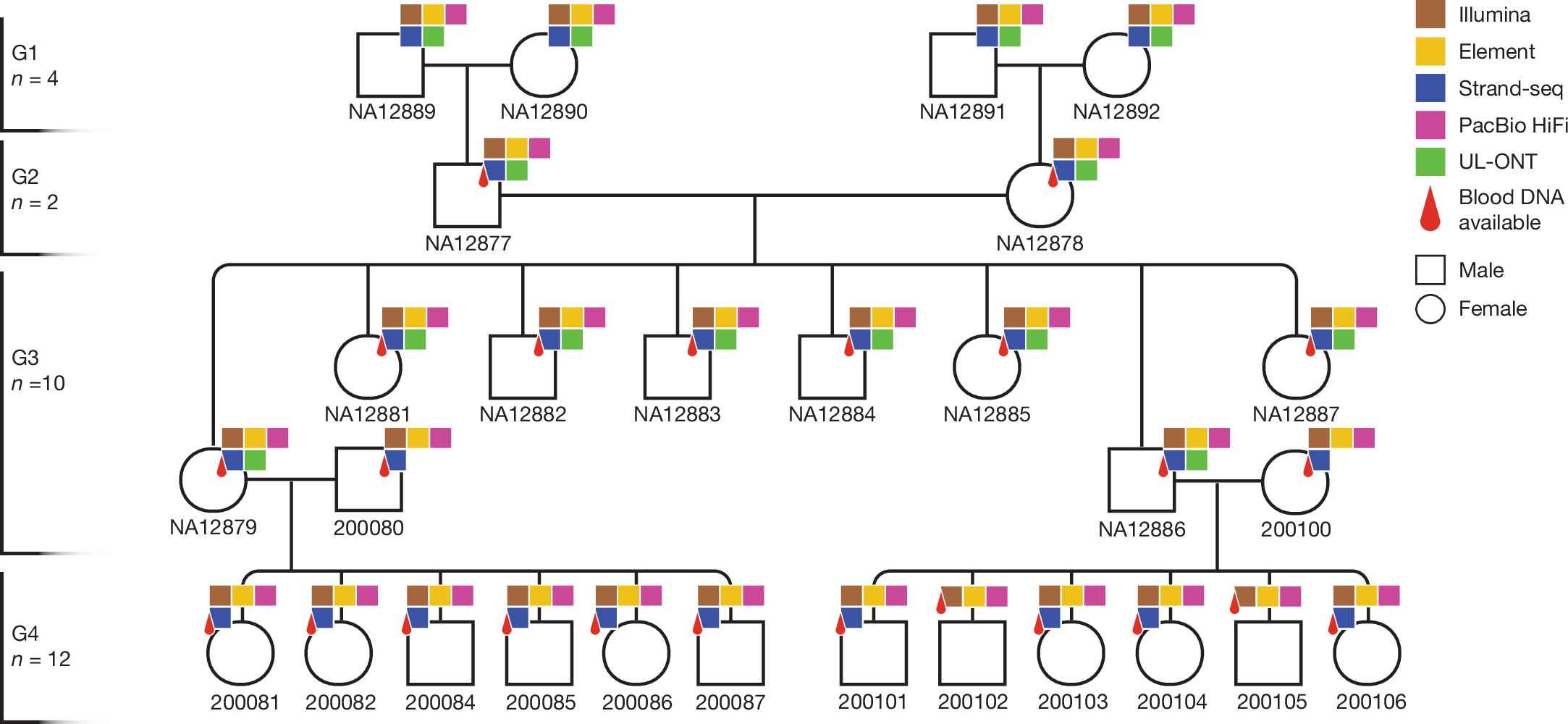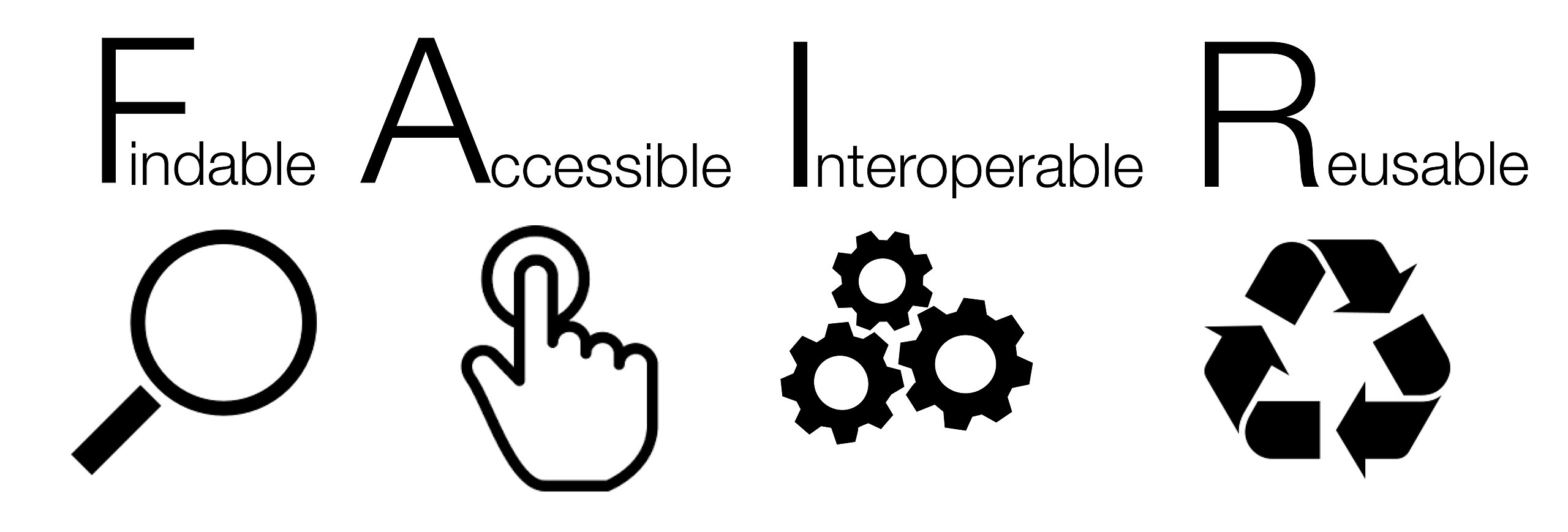This article aims documents how to set up the content management system WordPress to feed AI scrapers with nonsensical noise. The author has developed such a solution for Carrier-Bag.net, which now culminates in the WordPress plugin HalluciGen . Acknowledging the tremendous popularity of the WordPress publishing platform, our project decided to publish the code – free to use, on a liberal license and an open-source basis.
Messages de Rogue Scholar
Click here for the version in English Hablamos con Nacho Pérez Alcalde, Vicedirector Técnico de Editorial CSIC, la editorial al mando de ´Boletín Geológico y Minero’, ganadora del Crossref Metadata Award en la categoría de Metadata Enrichment.
I'm emerging reenergised from an epic trip to the Okavango Delta in Botswana, where we spent weeks in the wilderness gathering ground truth for TESSERA (and enjoying the wildlife!). Piecing together our locations was quite important, and so I took a cue from Ryan Gibb and deployed OwnTracks and HomeAssistant Device Tracker before I headed out there.
Straight from Elesevier’s own mouth, in a letter sent by a “Customer Experience Champion” in response to Professor Iris Van Rooij’s enquiry: Rights of papers are owned by the publishers hence, there is no consent needed from authors.
.png)
Tablero Infovestigación La investigación digital es un proceso detallado, meticuloso y robusto, caracterizado por utilizar fuentes de información digitales de calidad aplicar métodos, herramientas y técnicas informáticas para recolectar, analizar y utilizar información disponible en línea siguiendo un método que incluya el diseño de preguntas singulares y relevantes, el descubrimiento de datos el análisis y la discusión de los resultados,

Actualizo el blog cada 14 días (los miércoles por la tarde) independientemente de la temporada del año, incluyendo periodos de vacaciones y feriados.

This week’s recap highlights analysis of human de novo mutation rates from a four-generation pedigree reference, how LLMs internalize scientific literature and citation practices, the py_ped_sim forward pedigree and genetic simulator for complex family pedigree analysis, and a review on predicting gene expression from DNA sequence using deep learning models like Enformer and Borzoi.
In the previous post, I introduced the N=N double bond in nitrosobenzene dimer, arguing that even though it was a formal double bond, its bond dissociation energy made it nonetheless a very weak double bond! This was backed up by a technique known as energy decomposition analysis or EDA.

Do you recognize this? You read something and then you think something else because of that, and this Something is so banal, so self-evident, so obvious – and then you want to quote the relevant standard work (book, article, ISO standard), but you can’t find anything? Has this self-evident fact really never been written down before?

Kennt Ihr das? Ihr lest etwas, und denkt etwas anderes dazu, und dieses etwas ist so banal, so selbstverständlich, so offensichtlich – und dann wollt Ihr dazu das relevante Standardwerk (Buch, Aufsatz, ISO-Norm) zitieren, aber ihr findet nichts? Wurde diese Selbstverständlichkeit wirklich bisher noch von niemandem aufgeschrieben?
My old blog had (has) comments via the Blogger.com platform, but I did not have anything for the new blog. A couple of options are used, like Disqus and comments via GitHub. However, these both have the downside of a vendor lock-in and the whole point of moving my blog was to break out from such lock-ins.